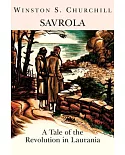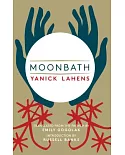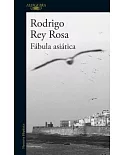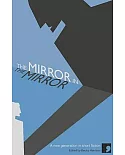Written when he was only twenty-five, before embarking on the masterpieces that would make him an integral figure in twentieth-century letters, Psalm 44 shows Ki禳 at his most lyrical
and unguarded, demonstrating that even in ��he place of dragons . . . covered with the shadow of death,��here can still be poetry. Featuring characters based on actual inmates and
warders��ncluding the abominable Dr. Mengele��em>Psalm 44 is a baring of many of the themes, patterns, and preoccupations Ki禳 would return to in future, albeit never with the same starkness
or immediacy.





















